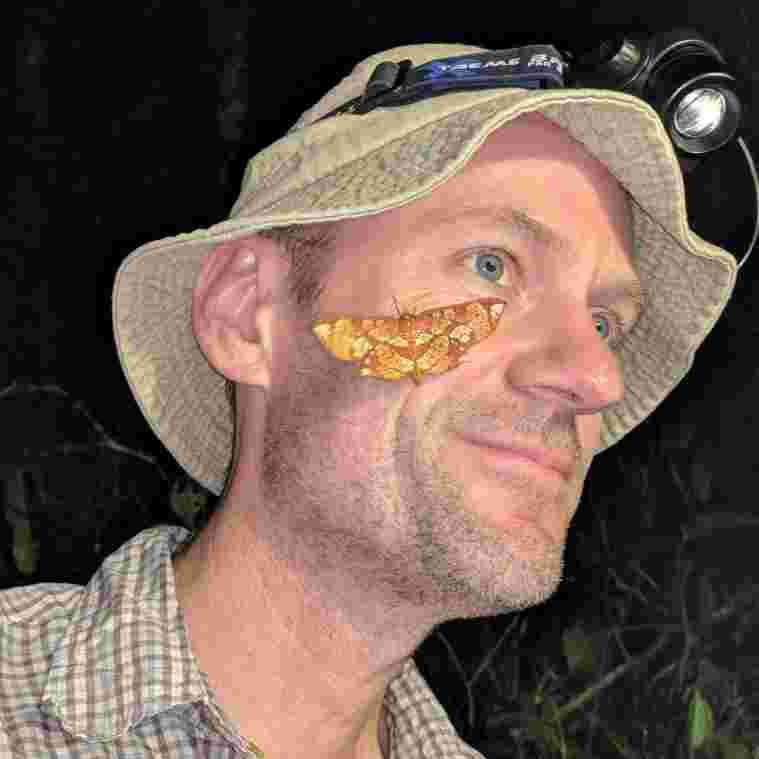Monitoring is essential to our understanding of insects in the modern era, the Anthropocene, and monitoring comes in many different forms and serves different purposes. Join Matt Forister, professor in the Biology Department at the University of Nevada, Reno, on January 9 as he discusses working with North America’s longest-running butterfly monitoring project across Northern California, and presents major findings with respect to the impacts of climate change and pesticides on butterfly populations. He will also talk about data from projects supported by community scientists, which are going to be of increasing importance in the coming years. Finally, Matt will discuss new efforts to organize information on species that appear to be lost, but, with effort from scientists and the public, might be found again.
Matt Forister is a professor of biology and insect ecology in the Biology Department at the University of Nevada, Reno. He has studied butterflies and other insects in the western US for the last 20 years, and has published more than 100 journal articles and book chapters on issues that include insects adapting to exotic plants and butterflies responding to a changing climate. One of the main concerns for Forister and his graduate students is the collection of data at sites in the Sierra Nevada that have been studied for almost 50 years, a project originally started by Art Shapiro of UC Davis.
This webinar will be recorded and available on our YouTube channel. Closed Captioning will be available during this webinar.
Learn more and register today!

